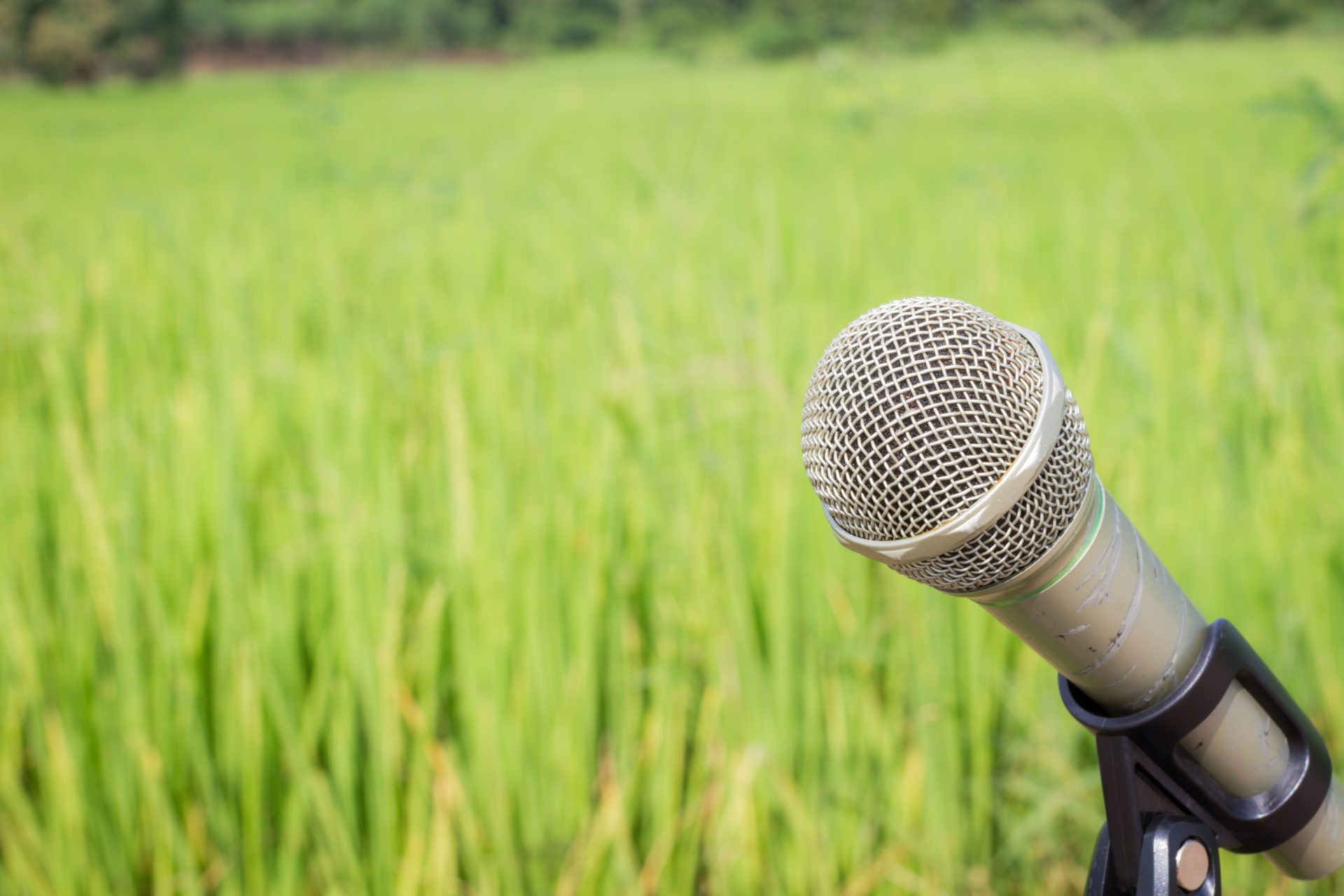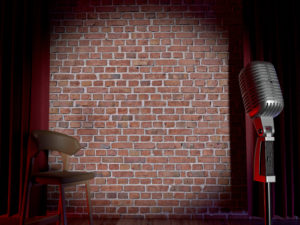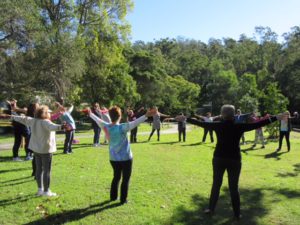
The difference between laughter clubs and comedy clubs
A group of friends went out for a night of entertainment recently, to a local comedy club. We’d heard ‘rave’ reviews about the overseas comedian and, after a long week at work, were all ready for some hearty laughter.
Of our group of 12, only 3 truly laughed: 9 of us felt the show was 75 minutes of our lives that we would never get back. Looking around the audience during the performance, I had noticed that while a few laughed uproariously, many fidgeted, looked uncomfortable and only politely tittered.
Why was this comedy club outing a resounding flop for our laughter club group who are known for hearty laughter?
Th e key words that differentiate comedy club from laughter clubs—the heart and soul of Dr Madan Kataria’s Laughter Yoga movement—are humour and comedy.
e key words that differentiate comedy club from laughter clubs—the heart and soul of Dr Madan Kataria’s Laughter Yoga movement—are humour and comedy.
Humour, comedy and jokes are personal. They’re what we find amusing when we think about it. When we intellectualise or analayse. Personally, I don’t find a string of “f*#@, f*#@, f*#@” amusing. It’s not that I haven’t uttered an expletive in my time: it’s just I don’t see anything funny or witty in doing so.
Humour, comedy and jokes are also cultural. They may be riotously funny within one community or country and misunderstood or plain insulting in another.
Stand-up comedians at comedy clubs have really tough gigs in getting their audiences to laugh because they are relying on a left-brain analytical function to unanimously acknowledge their work as laugh-worthy.
Comedians are entertainers.
I am neither a comedian nor an entertainer. Yet people laugh with me. Not at me nor at someone else.

I’m part of a laughter club, community-based volunteer-run groups where we laugh, unreservedly, as an exercise practising laughter yoga. In Australia we often gather in parks to laugh, just as people gather to do Tai Chi.
We intentionally activate our inner child’s playful spirit and allow ourselves to just laugh, combining the restorative breath of yoga with simulated laughter exercises.
Laughter rises deep within… Bubbles over like a spring.
There’s no analytics going on. There’s no self-consciousness. We’re in the moment, unconditionally, joyfully, laughing.
It not only feels good, but the sustained nature of our belly laughter is physically and psychologically beneficial to us.
And as Daniel Pink identifies in his book A whole new mind, play—a right-brain function—is one of the six fundamental human abilities essential for professional success and personal fulfillment in the future.
Game on. Laughter clubs rule! Ho ho ha ha ha.
Find a laughter club near you in Queensland, elsewhere in Australia or in any of the other 100+ countries where laughter yoga is practised.
(c) Heather Joy Campbell 2017
Founder of The Happydemic, Heather Joy Campbell is a Certified Laughter Yoga Teacher and Global Ambassador of Laughter Yoga International. Based in Brisbane, Australia, Heather Joy delivers professional laughter wellbeing workshops, seminars and laughter leader training across Queensland and runs a weekly suburban laughter club as a community give-back.